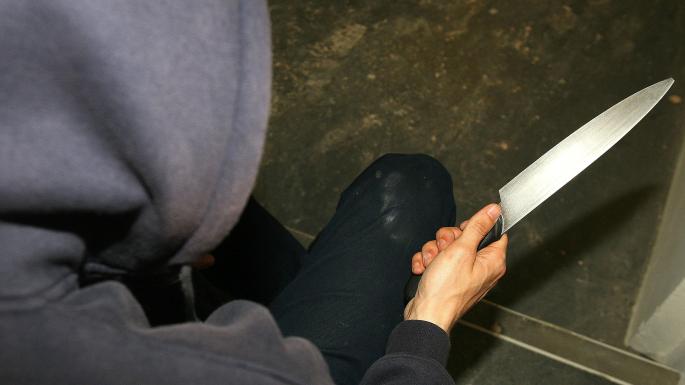New research released today [18th October 2019] by the family nature charity Fairyland Trust, supported by the environmental charity Hubbub, estimates that UK Halloween celebrations this year will generate over 2,000 tonnes of plastic waste from clothing and costumes alone. This is equivalent by weight of waste plastic to 83 million Coca-Cola bottles, over one per person in the UK.
The October 2019 investigation of 19 retailers found that 83% of the material in 324 clothing items promoted through their online platforms was oil-based plastic. The retailers surveyed were Aldi, Argos, ASOS, Amazon, Boden, Boohoo, Ebay, H & M, John Lewis, Marks and Spencer, Matalan, Next, PrettyLittleThing, Sainsburys, Tesco, TK MAXX, Topshop, Wilko and Zara.
The most common plastic polymer found in the clothing sampled was polyester, making up 69% of the total of all materials. The report issued today by the Fairyland Trust and Hubbub calls for better and consistent labelling as many consumers do not even realise that materials like polyester are in fact plastic.
The even more planet-friendly option is to create Halloween costumes from existing or second-hand clothing. The Fairyland Trust runs plastic-free nature events for families such as The Real Halloween which includes a No-new-plastic Fancy Dress Competition.
Chris Rose from Fairyland Trust said: “The scariest thing about Halloween is now plastic. More costumes are being bought each year as the number of people participating in Halloween increases. Research by Hubbub estimated that 33m people dressed up for Halloween in 2017 and a shocking four in 10 costumes were worn only once. This means it’s vital that we all try and choose costumes that are as environmentally friendly as possible. Concerned consumers can take personal action to avoid buying new plastic and still dress-up for Halloween by buying from charity shops or re-using costumes to create outfits, or making their own from non-plastic materials.”
Hubbub is working with the All Party Parliamentary Group, chaired by Anne Main MP, looking into the environmental sustainability of the fashion industry.
Trewin Restorick, CEO and co-founder of Hubbub, said: “These findings are horrifying. The amount of plastic waste from Halloween costumes is similar to the weight of plastic waste generated at Easter in egg-wrappings. However the total plastic waste footprint of Halloween will be even higher once you take into account other Halloween plastic such as party kits and decorations, much of which are also plastic, or Halloween food packaging, most of which quickly becomes ‘rubbish’ and ultimately, breaks down to be plastic pollution. Retailers must take greater responsibility to offer ranges for seasonal celebrations that don’t worsen the already worrying impact of plastic waste on our planet.”
Tips for dressing up at Halloween without new plastic can be found here.



















